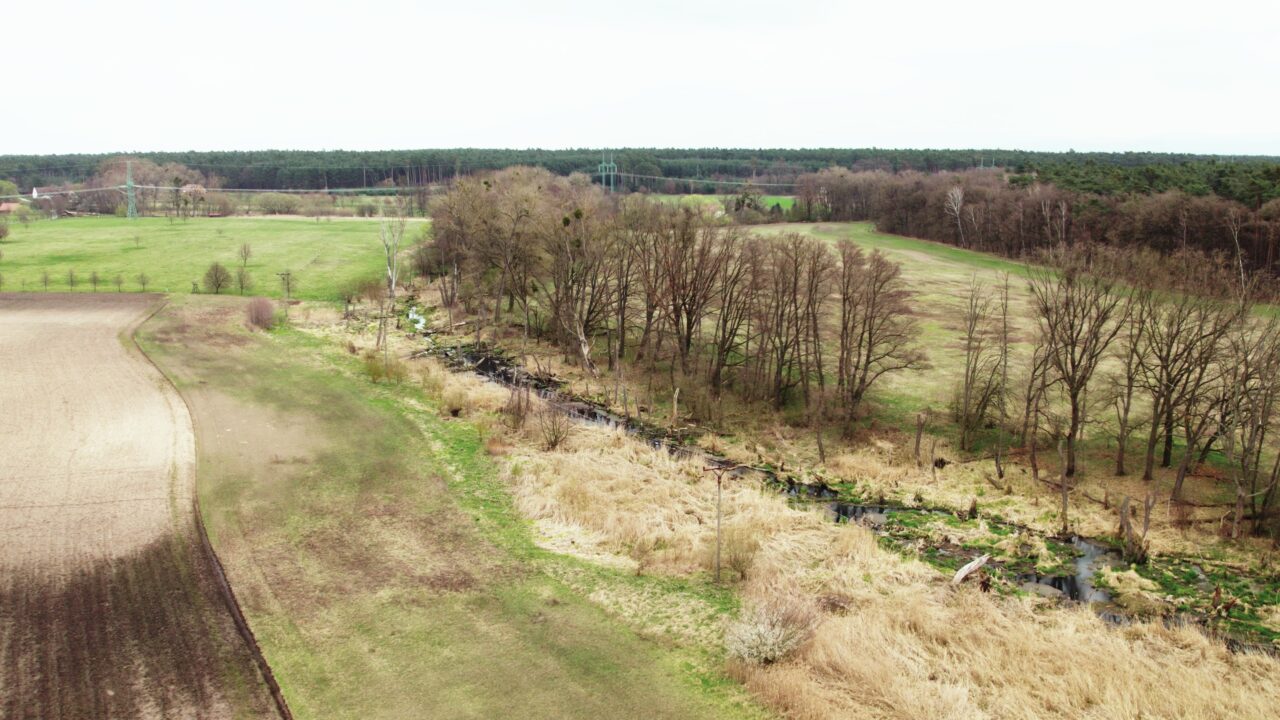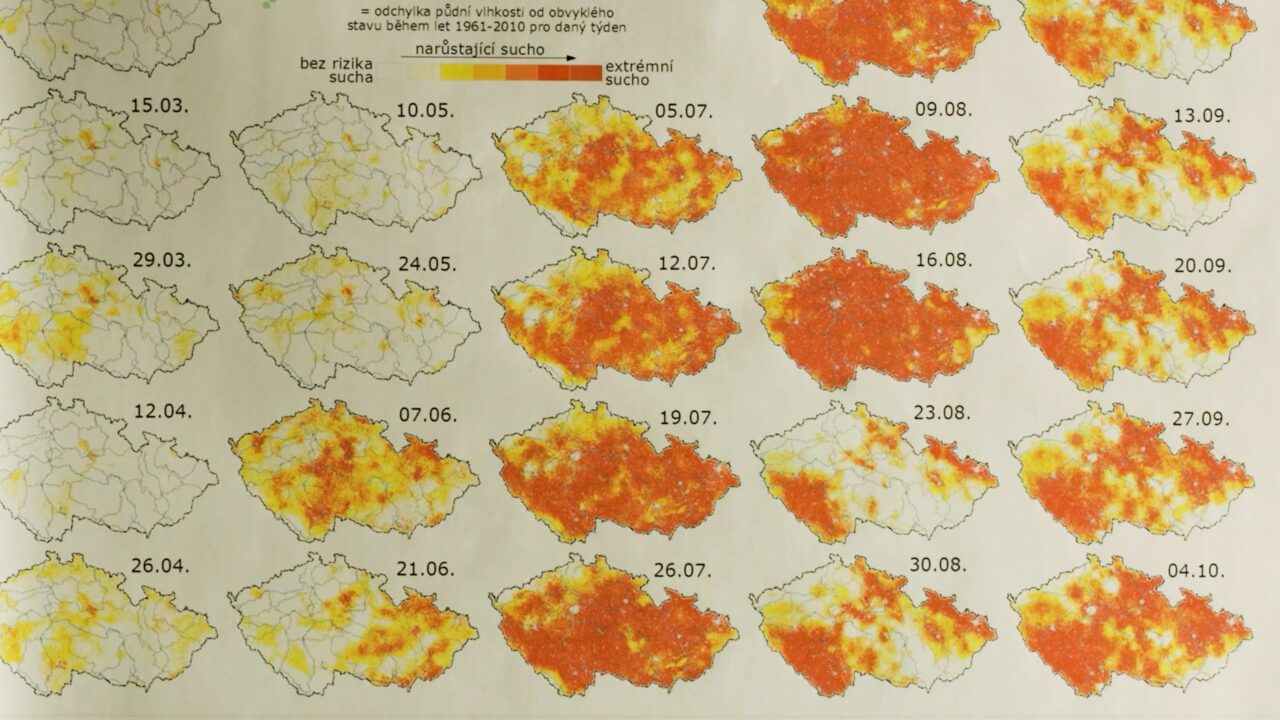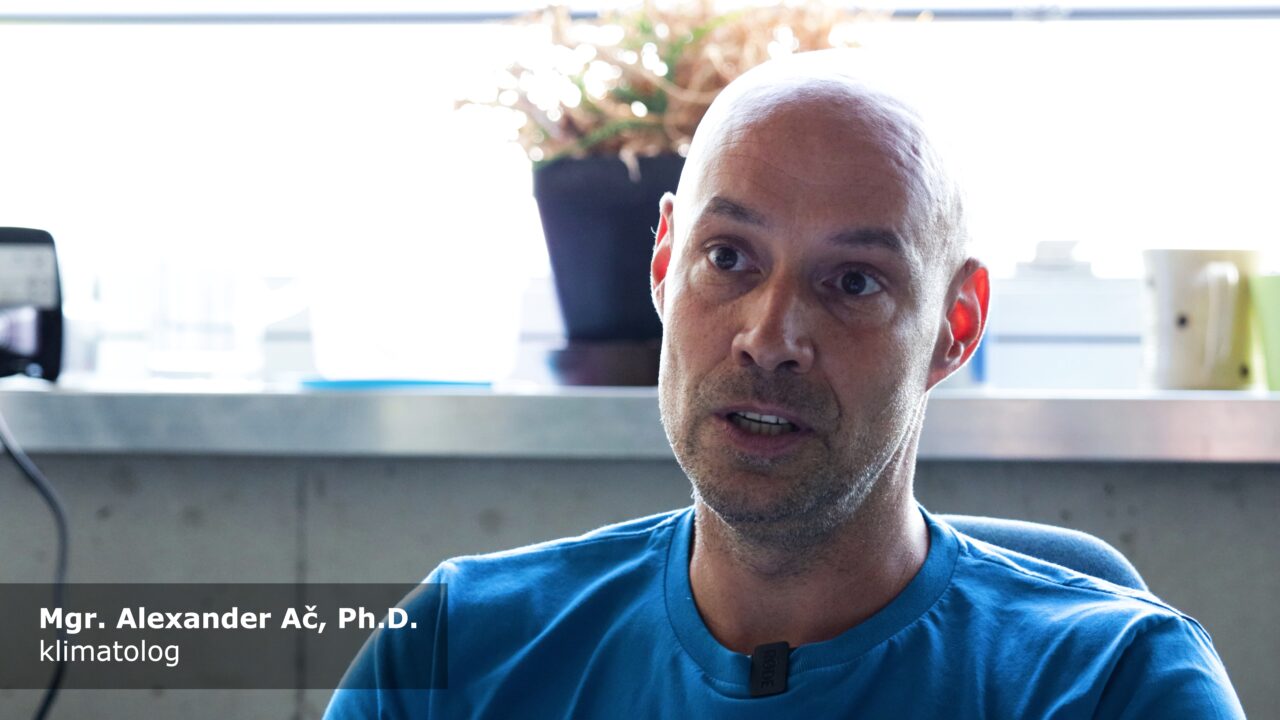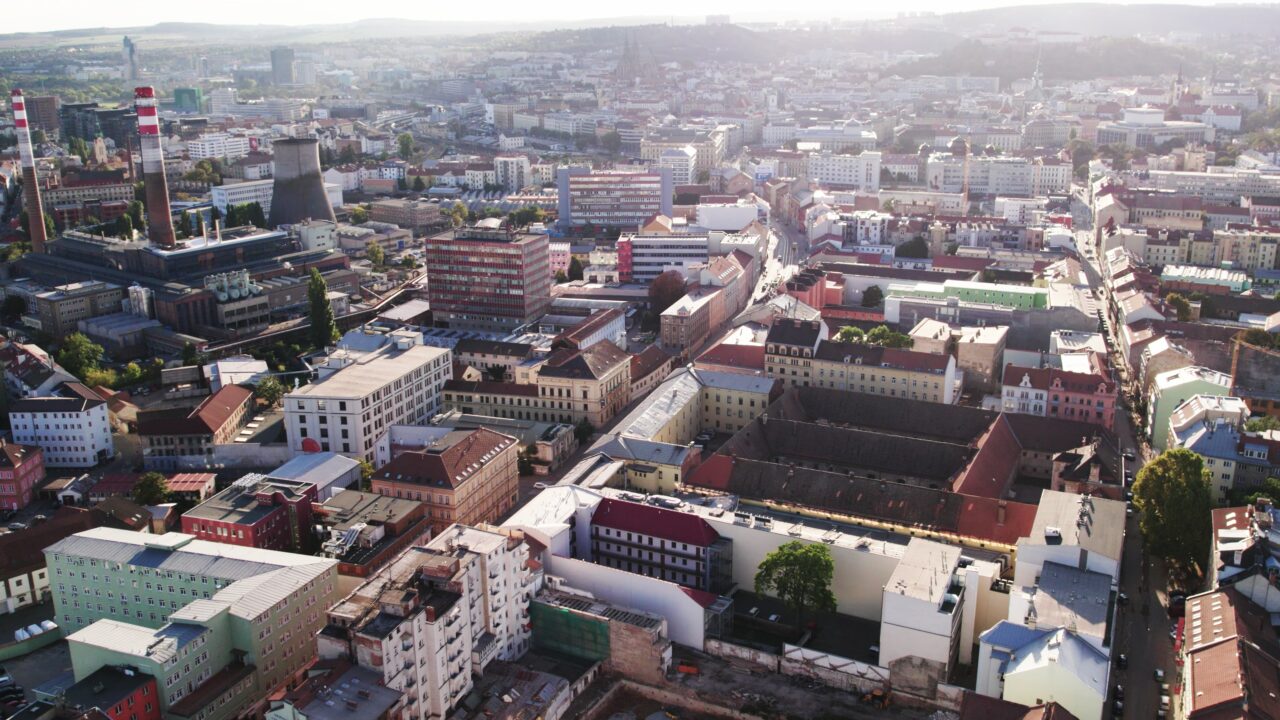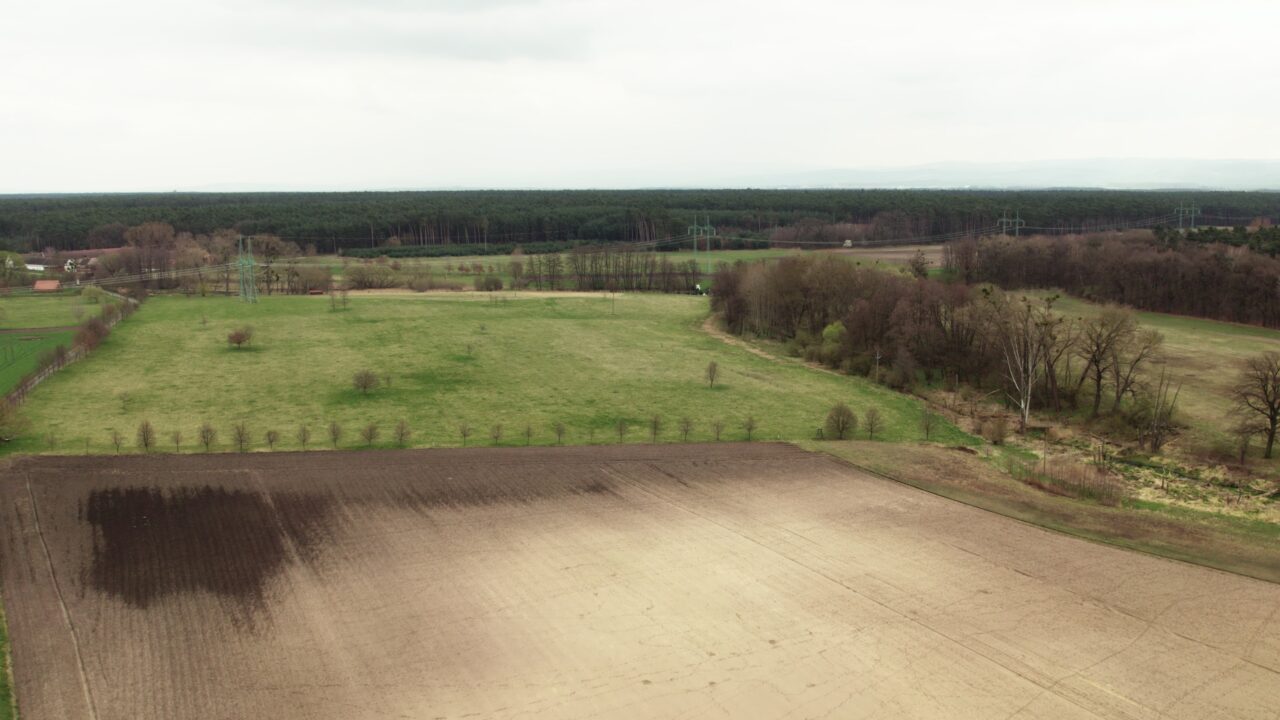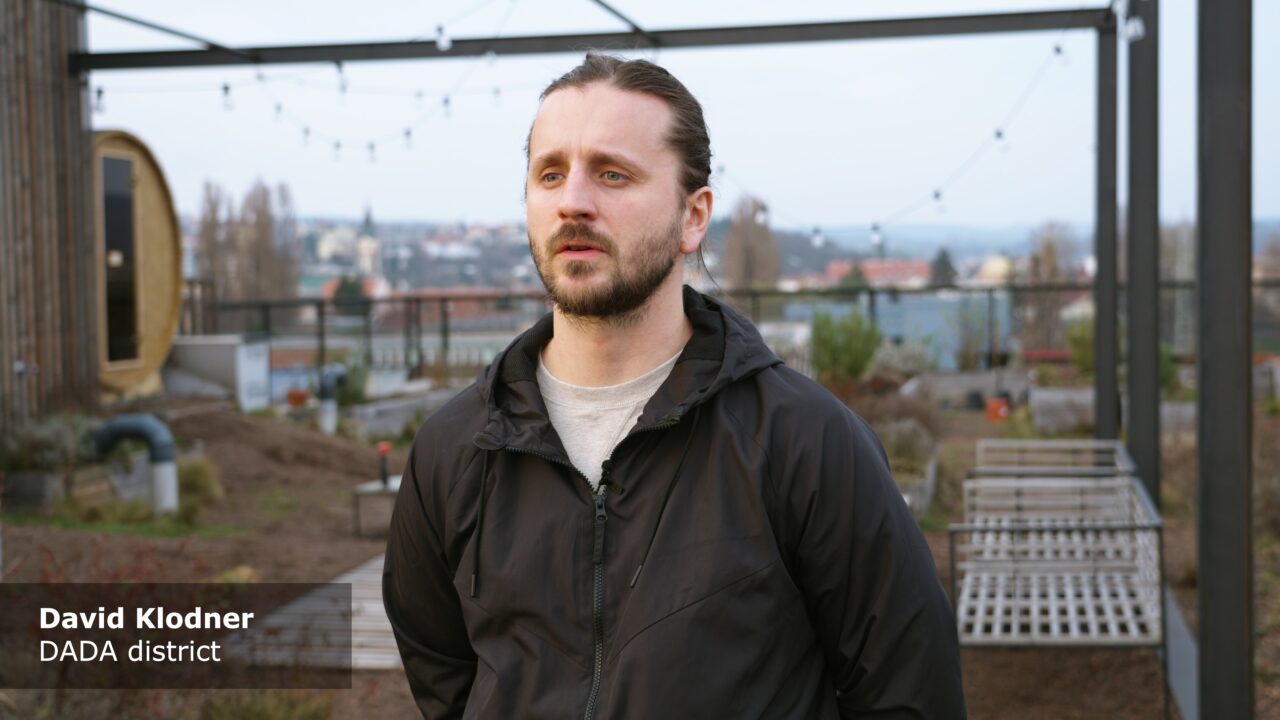Global boiling
Documentary series on adaptation to climate change in the Czech Republic
About series
A documentary series that maps efforts to adapt to global warming.
UN Secretary-General Antonio Guterres said in the fall of 2023 that the era of global warming is over and the era of global boiling has arrived. In the Czech Republic alone, tens or hundreds of people have died as a result of summer heat waves, and serious findings suggest that weather extremes will increase. By 2050, the climate zones in the Czech Republic will shift upwards by about 300 metres, that is, how it is now in Brno will be like in Vysočina and South Moravia will be like in the Mediterranean. Climatologist Alexander Ač says that even if we immediately stop the production of greenhouse gas emissions, the Earth’s temperature will continue to rise for three more decades.
So the only thing that really makes sense to do now is not to try to slow global warming, but to adapt to “global boiling,” so that as few people as possible die as a result of temperature shocks. To prepare our landscapes, our communities and the buildings where we work and live for it.
We are tracking projects that are succeeding in mitigating the impacts of global warming in the Czech Republic, both at the scale of the landscape and public space as well as at the level of individual buildings. Adaptation methods and techniques are still more familiar to the scientific community, while the stereotype that “the weather is the weather and there is nothing you can do about it” prevails in the general public. Our aim is to show that adaptation is possible through examples of successful projects and to encourage those who are deciding whether to start, from politicians to individual citizens.
Thanks to
The production of the film was supported by the South Moravian Film Foundation.

Funded by the European Union – NextGenerationEU.





